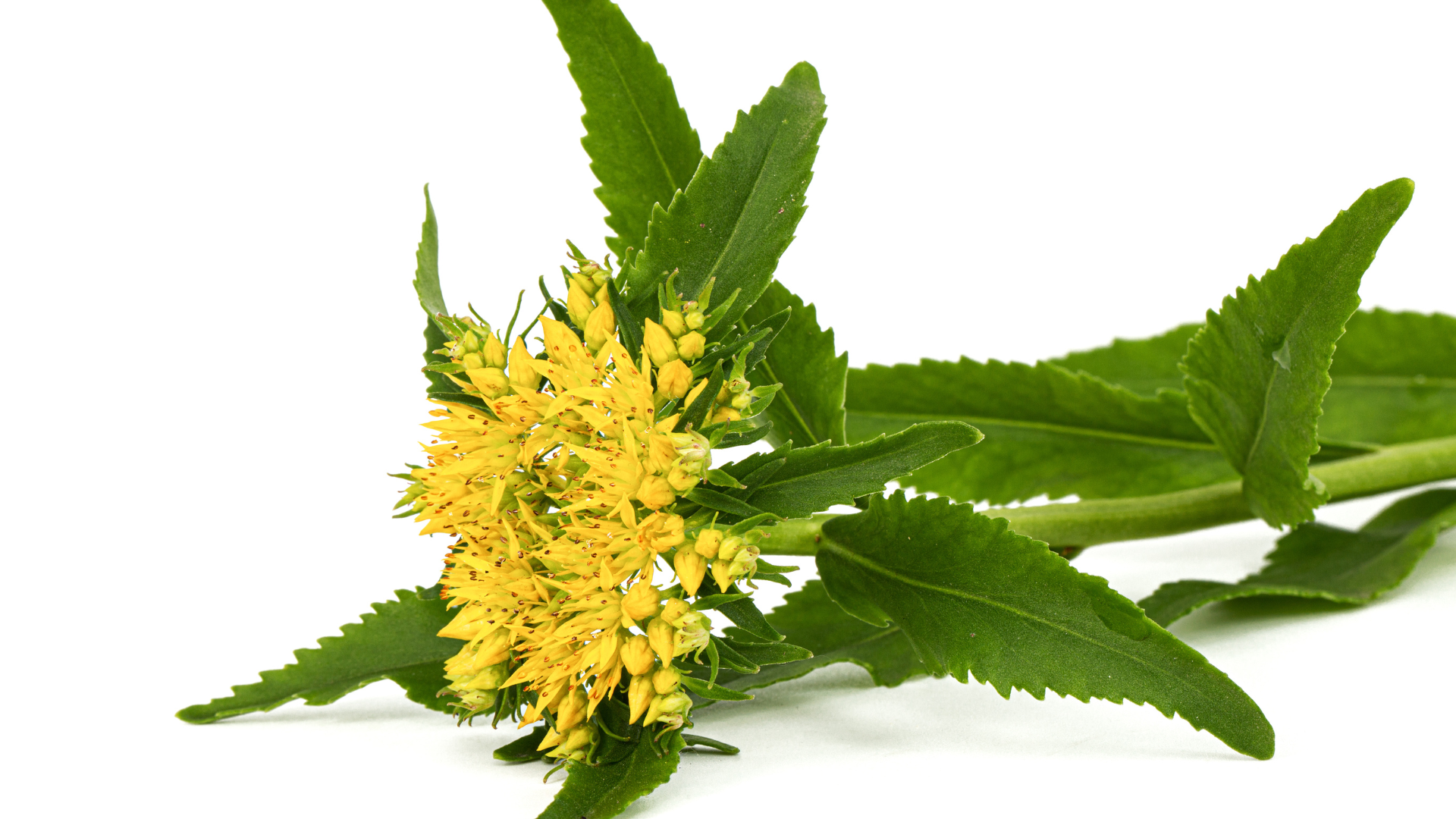Rhodiola Rosea: A Natural Supplement to Manage Stress and Anxiety

If you're someone who struggles with stress and anxiety, you may be on the lookout for natural supplements to help manage your symptoms. In recent years, Rhodiola Rosea extract, a plant based supplement, has gained popularity due to its health benefits. This article explores what Rhodiola Rosea is, its benefits, how it works in the body, dosage, safety, and potential uses.
What is Rhodiola Rosea?
Rhodiola Rosea is a plant that grows in cold regions, such as the Arctic and mountainous areas of Europe and Asia. For centuries, the extract from this plant has been used in traditional medicine for its health benefits. Rhodiola extract is considered an adaptogen, which helps the body adapt to stressors and restore balance. It is made by extracting the active compounds from the roots of the Rhodiola Rosea plant, including rosavins, salidroside and tyrosol.
Benefits of Rhodiola Rosea for Stress and Anxiety
Rhodiola Rosea is a powerful adaptogen that has been gaining attention for its remarkable health benefits. Here are some of the benefits:
-
Stress Reduction
Rhodiola Rosea is known for its ability to reduce stress levels by lowering cortisol levels in the body, which is the hormone released in response to stress. Participants who took Rhodiola Rosea in a study showed a significant reduction in fatigue, stress, and anxiety compared to those who took a placebo.
-
Anxiety Relief
Rhodiola Rosea has been studied for its potential to relieve symptoms of anxiety. In one study, participants who took Rhodiola Rosea showed a significant reduction in symptoms of anxiety compared to those who took a placebo. It was also effective in reducing symptoms of social anxiety in individuals with social anxiety disorder.
-
Depression Management
Rhodiola Rosea has also been studied for its potential to help manage symptoms of depression. In one study, participants who took Rhodiola Rosea showed a significant reduction in symptoms of depression compared to those who took a placebo. It was also effective in reducing symptoms of mild to moderate depression.
-
Other Potential Uses of Rhodiola Rosea
Apart from its potential benefits for stress, anxiety and depression, Rhodiola Rosea has also been studied for its potential to enhance athletic performance, boost immune function and improve cognitive function.
How Rhodiola Rosea Works in the Body
Although the exact mechanism by which Rhodiola Rosea works in the body is not fully understood, it is thought to work by modulating the body's stress response system, which includes the hypothalamic-pituitary-adrenal (HPA) axis and the sympathetic nervous system. Rhodiola extract may help reduce the production of stress hormones like cortisol and increase feel good neurotransmitters like serotonin and dopamine.
Rhodiola Rosea Dosage and Safety

The recommended dosage of Rhodiola Rosea can vary depending on the individual and the conditions being treated. In general, doses of 200-600mg per day have been used in clinical studies with no significant side effects. While Rhodiola extract is generally considered safe, it can interact with certain medications and should be used with caution in people with certain medical conditions.
Choosing the Right Rhodiola Rosea Supplement
When choosing a Rhodiola herbal supplement, it is important to look for a high quality product from a reputable brand. Look for products that are standardised to contain a specific amount of active compounds. This ensures that you are getting a consistent dose of the active compounds in Rhodiola Rosea.
Another consideration when choosing a Rhodiola Rosea supplement is the form in which it is available. Rhodiola supplements are available in various forms, including capsules, tablets, powders, and tinctures. The most common form is capsules, which are convenient and easy to take. However, powders and tinctures may offer faster absorption and may be more potent. The Energy + Focus oral drops contain Rhodiola Rosea to ease stress and enhance cognitive function.
Conclusion: Is Rhodiola Rosea Right for You?
Rhodiola Rosea is a natural supplement that has gained popularity in recent years for its potential health benefits. It is an adaptogenic herb that has been shown to help the body adapt to stress and restore balance. Studies suggest that Rhodiola extract may be beneficial for reducing stress, anxiety, and depression, as well as improving athletic performance, boosting immune function and enhancing cognitive function.
Frequently Asked Questions on Rhodiola Rosea
Q: What is Rhodiola Rosea?
A: Rhodiola Rosea is a plant that grows in cold regions of the world. It is known as an adaptogen and has been used for centuries in traditional medicine to help reduce fatigue, enhance mental and physical performance.
Q: What are the benefits of Rhodiola Rosea?
A: Rhodiola Rosea has been found to have several potential benefits, including reducing fatigue, improving mental performance, reducing stress and anxiety, enhancing exercise performance, and improving overall wellbeing.
Q: How do you take Rhodiola Rosea?
A: Rhodiola Rosea can be taken in various forms, including capsules, tablets, extracts, and teas. The recommended dosage may vary depending on the specific product and the reason for taking it, so it's important to follow the instructions on the product label.
Q: Are there any side effects of taking Rhodiola Rosea?
A: Rhodiola Rosea is generally considered safe when taken in recommended doses, but some people may experience mild side effects such as dry mouth, dizziness, or digestive issues. It may also interact with certain medications, so it's important to consult a healthcare professional before taking it if you're on any medications.
Q: Is Rhodiola Rosea a stimulant?
A: Rhodiola Rosea is not a stimulant in the traditional sense, but it has been found to enhance mental and physical performance and reduce fatigue. It does not have the same negative side effects associated with stimulants like caffeine.
Q: Can Rhodiola Rosea help with depression?
A: Some studies have found that Rhodiola Rosea may be effective in reducing symptoms of depression, but more research is needed to confirm its efficacy and safety for this use.


